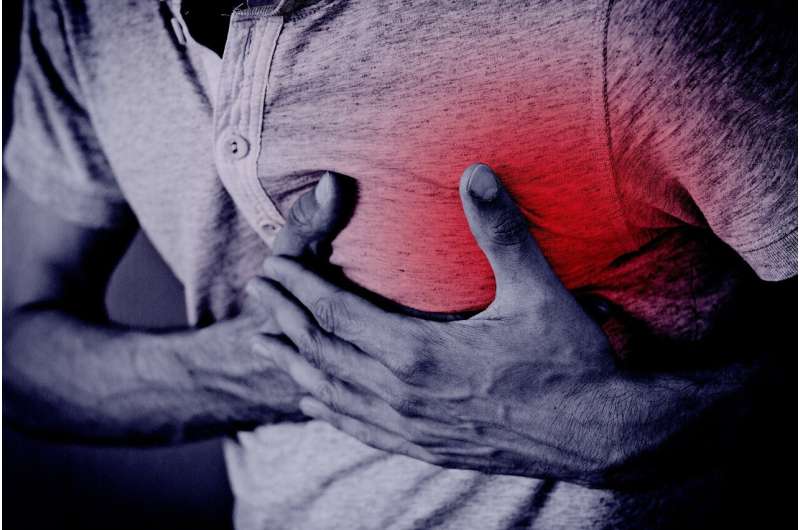Immune System Changes May Explain Breathing Difficulties in Long COVID Patients

Recent research from the University of Virginia School of Medicine has shed light on the complex immune alterations in long COVID patients, especially those experiencing persistent respiratory problems. The study highlights that individuals suffering from long COVID exhibit distinct immune system patterns correlated with the severity of lung injury. These findings are crucial as they offer new avenues for developing targeted therapies tailored to the immune profiles of affected patients.
The investigation revealed a remarkable diversity in immune responses among different long COVID patients, emphasizing the condition’s multifaceted nature. By bridging immune data from blood samples with assessments of lung damage, scientists could identify immune patterns associated with more severe lung injury. This innovative approach enables personalized treatment strategies that could improve outcomes.
Dr. Judith A. Woodfolk, a key researcher, explained that understanding the immune mechanisms behind lung injury in long COVID is inherently challenging due to its variability. However, their findings clarify that certain immune responses in the blood may serve as indicators of lung damage extent, and analyzing multiple immune markers could uncover potential targets for therapy.
The study utilized machine learning techniques to analyze extensive datasets from 110 long COVID patients, most of whom were previously hospitalized with severe COVID-19, including ventilator dependence. Particular attention was paid to T cells, immune cells critical in fighting infections. Variations in T cell populations were linked to the severity of lung disease, including cases of lung fibrosis, which involves scarring.
Further molecular analysis revealed distinct 'immune landscapes' that differentiate patients with milder versus more severe lung involvement. These insights deepen our understanding of how immune responses drive lung injury and how these responses evolve during the course of the illness.
Ultimately, this research aims to inform novel treatments that could halt or reverse lung damage caused by COVID-19. The findings underscore the importance of tailored approaches based on individual immune profiles, opening possibilities for more effective interventions in long COVID management.
This pioneering work was published in Nature Immunology and marks a significant step toward precision medicine in treating post-COVID respiratory complications. The ongoing research also aims to explore other chronic lung diseases and inflammatory conditions, expanding the potential benefits of these immune insights.
,source: https://medicalxpress.com/news/2025-05-immune-shifts-covid-patients-struggle.html
Stay Updated with Mia's Feed
Get the latest health & wellness insights delivered straight to your inbox.
Related Articles
Preclinical Research Highlights Potential of Modified Protein in Heart Attack Recovery
Preclinical research from Cedars-Sinai reveals that maintaining the activity of the NCX1 protein could enhance heart attack recovery, challenging previous assumptions about calcium regulation in cardiac injury.
Innovative AI-Based Rapid Testing for Viral Infections
A new AI-driven nanopore test enables quick and accurate detection of live viruses within minutes, promising to enhance viral infection diagnosis and treatment.
New COVID-19 Variant NB.1.8.1 Linked to Rising Cases Worldwide, WHO Reports
The WHO reports a new COVID-19 variant, NB.1.8.1, may be contributing to rising cases in parts of the world, though the overall health risk remains low. Vaccines are expected to continue offering protection.



